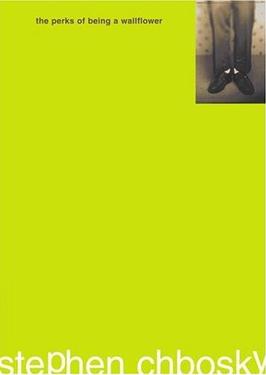
The book I’m choosing to focus on is The Perks of Being a Wallflower by Stephen Chbosky. I’m picking this book because I’ve read it before and was surprised to learn that it’s been banned by some schools in the United States. Perks of Being a Wallflower contains some adult material like drug usage, sex, suicidal thoughts, among other things but it’s all handled subtlety and carefully. The novel focuses on Charlie, a freshmen whose having trouble navigating his new high school life while trying to move past the deaths of his aunt and a close friend. Charlie later befriends a group of seniors, led by a pair of step-siblings that take him under his wing as he begins to experience and enjoy his life as he never had before. The book has been banned since it’s been viewed as a negative influence on teens that are still impressionable during these times but it’s what essentially makes Chbosky’s novel such a special work. He’s not writing about them instead choosing to write for them. We know, are friends with, and used to be (or maybe we still are) these characters. I knew because of this, it would make a great choice for my censorship paper.
